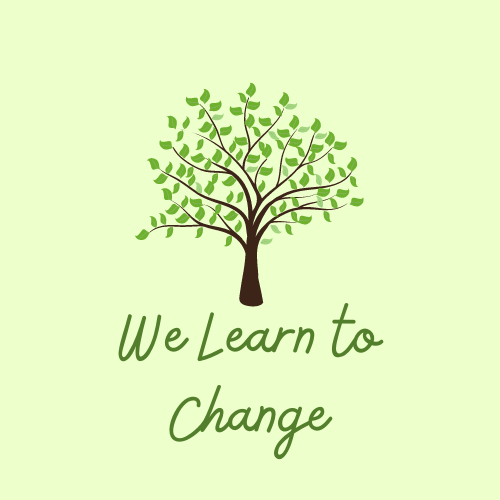Bike Monologue 2 – July 22, 2020
The first four miles of today’s bike ride was devoted to discussing alternative assignments and assessments; helping students learn how to question themselves, each other, and the world around them; and some flowery comments about how we can protect our nation’s precious First Amendment.
If you don’t want to watch the video, see the following paragraphs for the highlights.
We Need Alternative Assignments and Assessments Now and in the Future
I said before that if necessity is the mother of invention, then it is going to reinvent the nature of assignments and the notion of assessment during this crisis because we need, desperately, to redefine what good assignments are and what good assessment is. I mentioned in the video that cheating is already a big problem, but with virtual learning it can become more common (if that is possible). Therefore, we need to eliminate the opportunities to cheat as much as possible.
Yesterday’s post delineated the suggestions I am posing. They included portfolios, projects, essays, design-your-own products, research papers, seminar development, and quiz design. I discussed them briefly in today’s monologue, but veered off onto another topic: the importance of questions.
Help Students Learn How to Ask Good and Great Questions
Think back to high school. Did you learn more about how to find “the answers” or did you learn more about how to ask the right questions of the text in front of you? It was a mix for me, but I learned more about questioning from rigorous electives like “Contemporary World Conflicts,” in which we wrote our hands off every day, than I did in U.S. History II, in which we took Scantron test after Scantron test. In English class, we spent most of our time finding answers in the text or copying the answer down that our teacher gave us. Research papers afforded us the opportunity to expand our thinking, but they were assigned once a year. In the late ‘80s, education looked dramatically different from what it does now.
In the core courses, there were few discussions, no Socratic seminars, little differentiation, no personalized learning… You get the picture, I’m sure. Today, these teaching techniques are used regularly to help students deconstruct what they knew, integrate new knowledge, and build a new knowledge base. Constructivist principles are more prevalent today, for which I am thankful.
We need to spend more time helping students learn how to ask good questions, and the techniques mentioned above DO help. Yes, it takes longer to “grade” the work product that results, or the “grade” might be more subjective than the results of a multiple choice and short answer test, but that forces me to question what the purpose of education is. Is it data collection or student development? Data collection is important, but student development is more important.
Help Students Have Difficult, Yet Constructive, Conversations
When students are able to create good questions, they can engage in conversations with others that might become difficult but can remain constructive. We need to be able to do this today, in this polarized, politicized, environment, or we will continue to see videos of Karens who have lost their grip on reality. We will continue to see protests devolve into something decidedly NOT peaceful. We will see more Federal officers descend on cities to “maintain law and order.”
We will see this happen because people cannot control themselves.
They cannot control themselves because they do not have the confidence and the tools to support their position.
They cannot engage in nondestructive confrontations because they do not have the confidence and tools to be restorative.
When people have the tools: questioning expertise, restorative practices principles, deescalation techniques, and confidence girded by deep thought about their values, then we will no longer need “officials” to manage our behavior. We can manage it ourselves. We can protect our First Amendment rights.
Teachers can help students learn how to protect their First Amendment rights and the First Amendment itself. Teach them how to ask good questions and have constructive conversations. Teach them to check their impulses to lash out at those who disagree with them and instead engage in peaceful dialogue. Teachers can partner with other adults in this effort too: parents and other older family members, clergy, community leaders, and behavioral health professionals.
Necessity is the mother of invention. We NEED help.

I am truly happy to read this webpage posts which contains tons of useful information, thanks for
providing these data.
After exploring a number of the blog articles on your
web page, I really appreciate your technique of writing a
blog. I bookmarked it to my bookmark site list and will be checking back in the near future.
Take a look at my website too and let me know your opinion.
Very good article! We will be linking to this great content on our site.
Keep up the great writing.
Woah! I’m really digging the template/theme of this blog.
It’s simple, yet effective. A lot of times it’s
very difficult to get that “perfect balance” between superb usability and visual appearance.
I must say that you’ve done a superb job with this. Also, the blog loads very fast
for me on Chrome. Outstanding Blog!